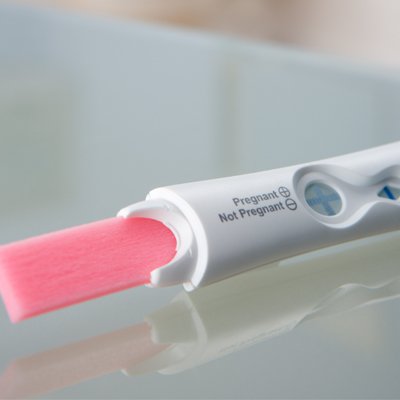Natural Family Planning (NFP)
What is Natural Family Planning?
Natural family planning (NFP), or fertility awareness method, is a birth control method where a woman keeps track of her fertility cycle in order to prevent (or achieve) pregnancy.
 To use NFP, a woman must keep careful records of many aspects of her menstrual cycle to help determine which days of each month she is most likely to become pregnant. For a woman with a twenty-eight day cycle, her most fertile period is between day ten and twenty of her cycle. To prevent pregnancy, unprotected vaginal intercourse should be avoided during this time.
To use NFP, a woman must keep careful records of many aspects of her menstrual cycle to help determine which days of each month she is most likely to become pregnant. For a woman with a twenty-eight day cycle, her most fertile period is between day ten and twenty of her cycle. To prevent pregnancy, unprotected vaginal intercourse should be avoided during this time.
There are several different ways of natural family planning, including the calendar or rhythm method, the basal body temperature method, the cervical mucus method, and the symptothermal method. A health care professional should be consulted to provide more information about natural family planning before using this method of birth control.
Safety and effectiveness
NFP is 75 percent to 87 percent effective at preventing pregnancy for women who have regular cycles and use it correctly. NFP may be less effective for women who:
- Have irregular menstrual cycles
- Have recently given birth
- Are breastfeeding
- Recently stopped using hormonal birth control (like the pill, patch, or injections)
- Are approaching menopause
- Experience a lot of stress
Benefits of natural family planning
NFP does not affect a woman’s menstrual cycle or hormones, and it does not require the use of chemicals or devices during sexual intercourse.
Risks of natural family planning
NFP does not protect against sexually transmitted diseases (STDs).
NFP requires close attention to many details, including daily temperature readings and testing vaginal discharge, which some women may find difficult to maintain. In addition, several months of record keeping are necessary before starting NFP in order for this method to be effective. For many women, it is a less effective form of birth control than methods such as the IUD.
